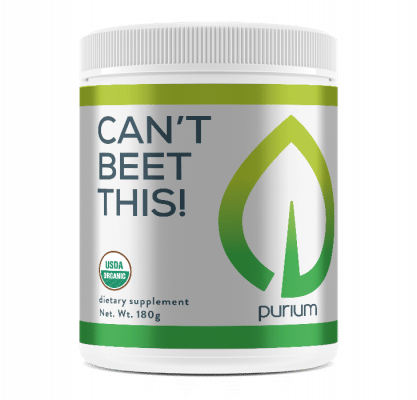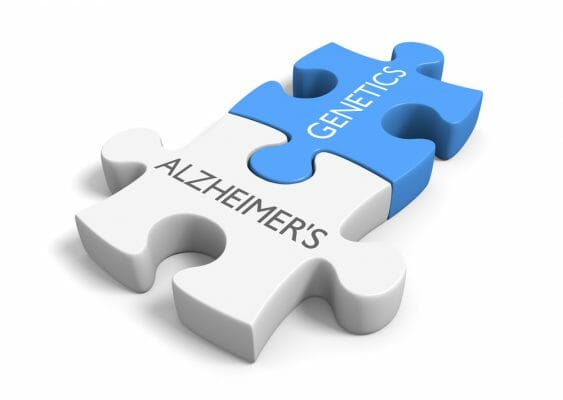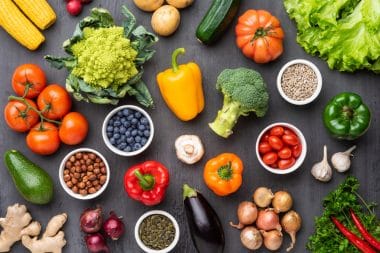Magnesium deficiencies are a common problem around the world. These deficiencies are important because they not only affect your mood and disposition, but also affect your health.
Some risks involved in magnesium deficiency include heart disease, osteoporosis, asthma, arrhythmia, and hypertension. It is also vital to bone and tooth health and is considered the “bone and tooth builder.”
Magnesium is responsible for regulating the nervous system, building bones and teeth, cardiovascular function, and it plays a vital role in pregnancies. Low rates of magnesium may be because of it’s low absorption rate, falling somewhere between 15 and 40%.
There are quite a few foods and drinks that contain high levels of magnesium and people should make an effort to consume them often. For instance, highly mineralized water is a good source and should be consumed often by active people. Other sources of magnesium include bran, buckwheat, almonds, oatmeal, Brazil nuts, pumpkin seeds, and cocoa. Almonds and oatmeal should be soaked in water overnight for maximum mineral absorption. Pumpkin seeds should be eaten in moderation due to their high levels of omega 6 fats. Brazil nuts should also be eaten in moderation due to their high concentrations of selenium.
If you don’t get the right minerals, your health suffers. And magnesium is key. #HealthStatus
Follow HealthStatus
Tweet Now
Key Points:
- 1Magnesium is one of the essential minerals we need but it hard for our bodies to absorb.
- 2Magnesium is very important in the functioning of the nervous system, building of bones and teeth and cardiovascular health.
- 3Magnesium can be obtained from foods such as buckwheat, oats, almonds, bran and pumpkin seeds.
See the original at: https://blog.muscle-zone.com/magnesium-sources-in-the-diet/

Packed with phytonutrients (“phyto” being the Greek word for plants), vitamins and minerals, beets provide support to many systems of the body from digestion to energy levels.
- Bodies convert the nitrates found in beets to nitric oxide, which helps improve oxygenation levels in the blood and overall circulation.
- The antioxidants and fiber act like natural cleansing agents, helping with the detoxification of toxins and heavy metals in the blood and giving the digestive tract a gentle flush to support a healthy elimination process.
- Consuming whole foods like beets is an excellent way to reduce the immune system from triggering ongoing harmful levels of high inflammation.
- Healthy blood pressure, stamina, and detox are just a few of the immune boosting benefits of beets. According to a study done on beetroot juice.
- Beets may stimulate cell production, which can protect your skin from premature aging and wrinkles. It’ll also keep your brain young by preserving it with nitrates to improve blood flow.








Reply